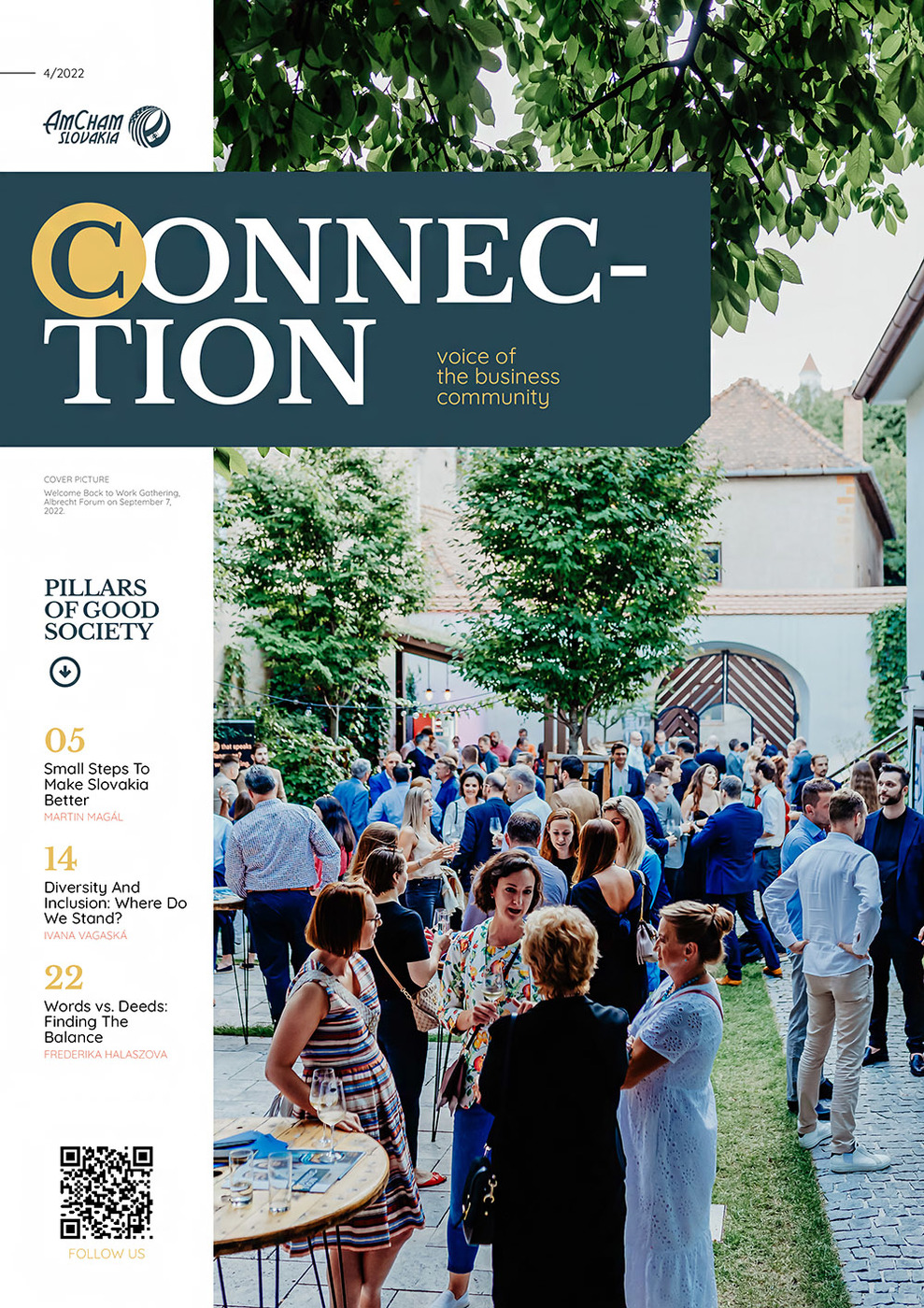According to official statistics, Slovakia currently lacks approximately 200,000 dwellings. The segment of rental apartments is practically non-existent here, as up to 92% of apartments are currently privately owned as a result of massive privatization back in the 1990s. For comparison, the share of public rental housing stock represents only 3 % in Slovakia while it is 21,3% in Austria. The latest survey shows that more than 80% of respondents call for more affordable housing and the project of state-supported rental housing should partly answer this call. One of its goals is to fill the missing middle represented by residents with an income that excludes them from entitlement to a social package and benefits, but at the same time is not sufficient to ensure adequate housing via a regular mortgage.
 State-supported rental housing is expected to bring more than 100,000 new apartments by 2030. Various forms of affordable rental housing systems have been used in Western countries since World War II. However, these countries are currently struggling with the problem of an outdated system and dwellings that no longer meet the necessary market standards. More developed Western European countries will have to spend tens of billions of euros on rebuilding their dwellings portfolios in the coming years, making them more sustainable and energy-efficient. In Slovakia, investors and developers will build this type of affordable housing mostly on a green field, which will enable them to implement all regulatory and certification requirements for sustainable and energy-efficient construction right from the very beginning. At the same time, the banking sector will also supervise the compliance of the project with ESG goals. When deciding on the amount of funds provided, the bank may request an ESG report from the investor, the indicators of which will affect the final amount of financing. In addition, the plan for the development of state-supported rental housing in Slovakia also includes the construction of new urban zones, operating on the principles of a shared economy.
State-supported rental housing is expected to bring more than 100,000 new apartments by 2030. Various forms of affordable rental housing systems have been used in Western countries since World War II. However, these countries are currently struggling with the problem of an outdated system and dwellings that no longer meet the necessary market standards. More developed Western European countries will have to spend tens of billions of euros on rebuilding their dwellings portfolios in the coming years, making them more sustainable and energy-efficient. In Slovakia, investors and developers will build this type of affordable housing mostly on a green field, which will enable them to implement all regulatory and certification requirements for sustainable and energy-efficient construction right from the very beginning. At the same time, the banking sector will also supervise the compliance of the project with ESG goals. When deciding on the amount of funds provided, the bank may request an ESG report from the investor, the indicators of which will affect the final amount of financing. In addition, the plan for the development of state-supported rental housing in Slovakia also includes the construction of new urban zones, operating on the principles of a shared economy.
At the end of May, the Government of the Slovak Republic adopted this new set of legislative changes, followed by an almost unilateral pass in the parliament, which could, together with brand new construction law, change the Slovak real estate market. Slovakia now has a new ecosystem on the table, and the start of construction will depend only on the speed of its implementation. Of course, such a transformation of the real estate market is a big challenge. On other hand, this huge challenge brings Slovakia a great opportunity that can move the country far ahead.
Peter Gunda, Managing Partner, BDO
Andrej Kvasnička, Tax Partner, BDO




Follow us